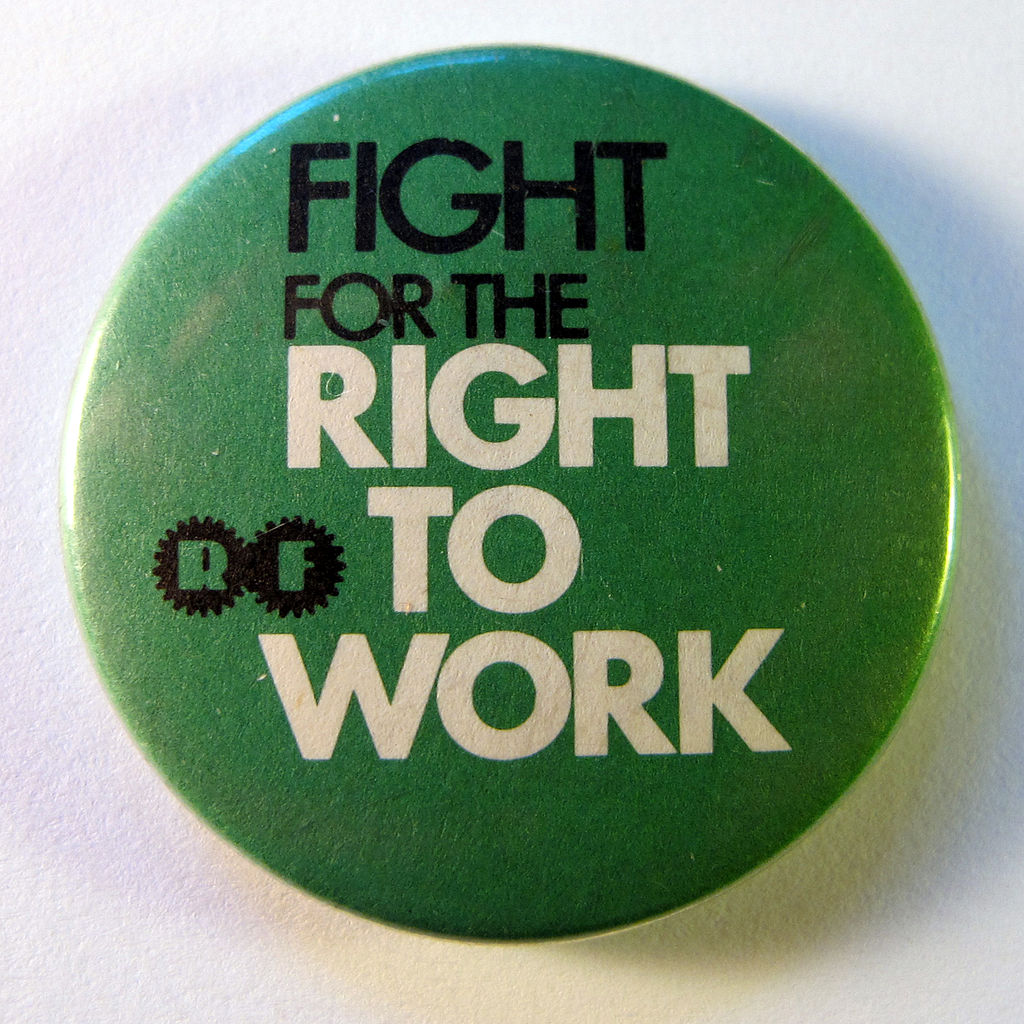Let’s be honest with ourselves – lobbyists are not widely popular. Typically, they are seen as professional political power brokers paid to be an aggressive apparatus of corporate leviathans and well-funded special interest groups that influence government policy. Nevertheless, that may begin to change as two graduates of the University of Richmond Law School are seeking to buck the system by starting their own, people-centered venture to prod government – CrowdLobby.
According to a report from the Richmond Times-Dispatch, Samantha “Sam” Biggio and Heidi Drauschak are the two recent law grads spearheading the startup. Drauschak said she had the idea for CrowdLobby about a year ago while she was doing an externship at a law firm where she got to see how the lobbying process works.
“I think lobbying has a really bad stigma, but it is mostly because a lot of us are locked off from it,” she said.
The online platform works similarly to other crowdfunding sites like GoFundMe , CrowdPAC, and Kickstarter, which allow large numbers of people to contribute money to a particular project, event, or cause. CrowdLobby will enable people to pool funding to hire professional lobbyists to work on specific legislative issues.
Drauschak explained that lobbying, “is a tool the corporations and special interests have used for decades.” She added, “At CrowdLobby, our overarching mission is to give everyday people a new voice in their government.”
CrowdLobby was operational on a small scale in Virginia in 2017, but Biggio and Drauschak now want to relaunch the site with a national scope. They duo has been travelling the country to raise money for its platform in cities like Richmond, Philadelphia, Washington, D.C., and San Francisco.
Their goal is to raise at least $35,000 so that a revitalized CrowdLobby platform will be up and running by the fall this year. By last Friday, their Kickstarter campaign had raised $12,000.
Once its fully operational, the goal is for CrowdLobby to function as openly and transparently as possible, with some necessary boundaries and restraints, Biggio and Drauschak explained. Anyone will be able to submit a proposal to raise money for lobbying on an issue, but proposals would need to be vetted by CrowdLobby itself to make sure they are legal and amenable to, “a specific legislative fix,” Drauschak said.
CrowdLobby would then vet proposals and approve fundraising to hire professional lobbyists for only those that have evidence of broad public support. The purpose of that is to avoid becoming a platform catering to small groups of wealthy individuals.
“The idea behind that is we truly want to be a people’s lobby,” Drauschak said.
“What we are really trying to go after is those issues where a large percentage of the population is supportive,” Biggio added.







